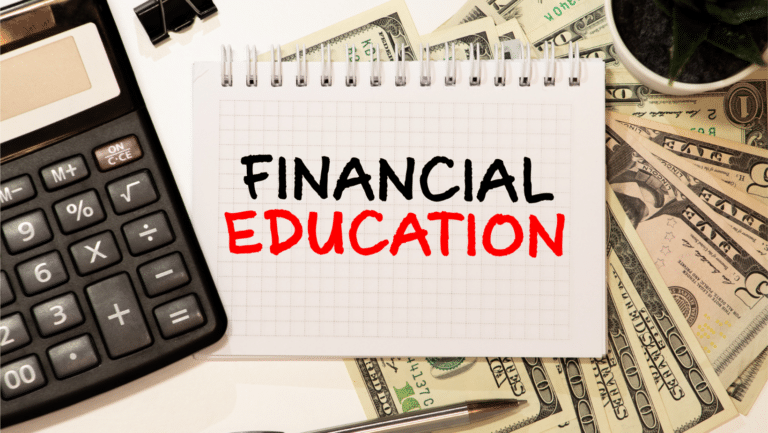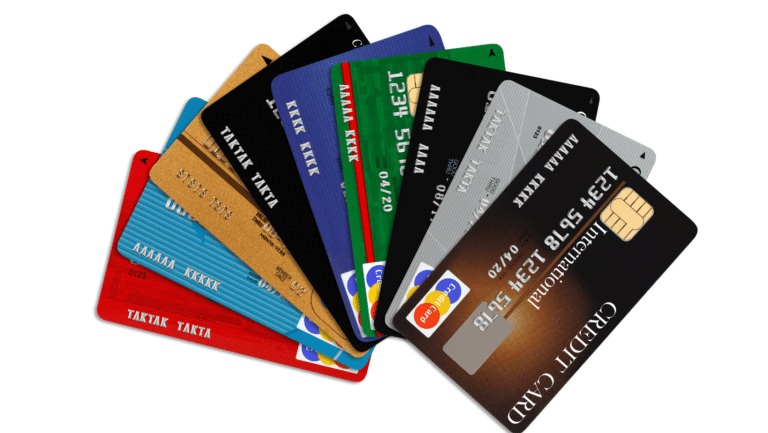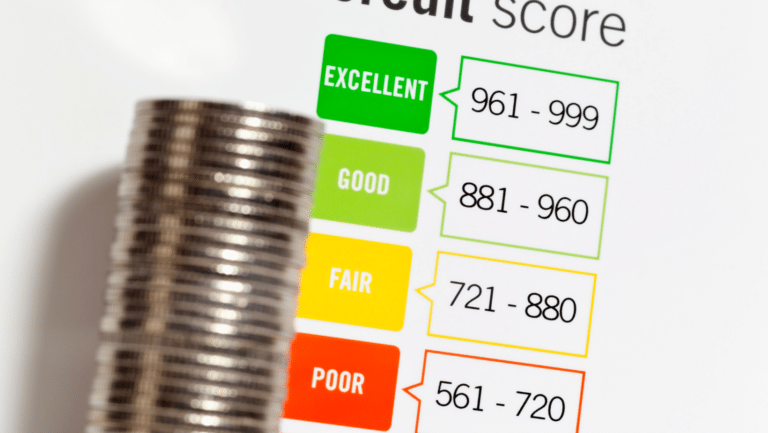Financial Advice For Parents
Raising a child in today’s world can cost hundreds of thousands of dollars. As a parent of four children ranging from ages 5 to 16, I can attest to just how expensive kids can be. Besides just the essentials like food and clothes, there are club teams, tutors, dance lessons and so much more. With…









